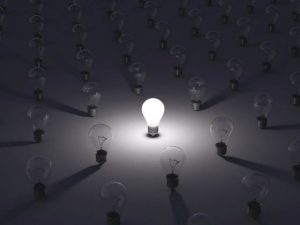 Article by Furniture Your Way.net
Article by Furniture Your Way.net
In developed countries like the United States, we tend to look for ways to conserve our power in order to keep our grid functioning. We are a high technology society, meaning we rely on computers and lighting to do our work and live our lives. As other countries develop and industrialize, they face challenges related to the baseload and power consumption from the grid at large. Here, experts weigh in on whether we can conserve our way out of a crisis.
Conservation is a Luxury
In a developing nation, like Saudi Arabia or India, power conservation isn’t always possible. In India, the grid is already struggling to balance the needs of residential and commercial customers. Nearly every day, the grid faces either a black or brownout.
In the Pacific Northwest, which is a wealthier region in the United States, studies show that a simple switch to LED bulbs throughout households would conserve enough power to meet needs for the next 20 years. The problem? LED light bulbs are expensive for developing nations, and most households can’t afford them. That outdated equipment contributes to power consumption, which puts an unnecessary burden on the grid.
Higher Baseload
According to experts, what’s needed is a higher baseload. Utilities are finding that investing in nuclear, especially at the developing nation level, contributes to more efficient power that does not emit CO2. Also, these plants can be cooled with sea water instead of fresh water. That helps indigenous populations conserve water as well. The most obvious example of these strides, says Dev, is China “They need to grow this because they have got a thirst for uranium.” Like the United States, China hopes that nuclear will handle roughly 20% of its power needs in the coming decades. India and Saudi Arabia are following suit, even though the latter is an oil-rich nation.